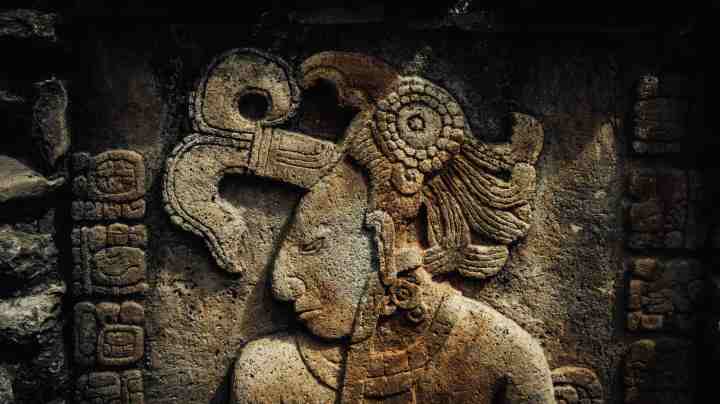Taller Leñateros Has Been Spotlighting Mayan Literature for Decades, But Now It May Lose Its Home

Photo by Indigoai / iStock / Getty Images Plus
Indigenous languages are not a thing of the past. This is something that Taller Leñateros has proven for the last 44 years. In 1975, US-born poet and visual artist Ámbar Past started the collective to uplift Tzotzil, a Mayan language spoken by people in Chiapas. Back then, a group of 150 Maya women agreed to let Past record their poetry in Tzotzil, and when she bought a property in San Cristobal de las Casas, the women became her collaborators. Together, they produced books in Tzotzil that used Maya bookbinding techniques, which works with natural materials. While the collective has already published two books – with a third on the way – things have changed and the group is in danger of losing its home.
Not only is the collective is now smaller than it was in the past, materials are also more costly and the taller sees fewer visitors, too. Taller Leñateros is also facing a legal battle. Though the collective has owned its space since the early 1980s, it’s now at risk of losing the workshop. And because prices in San Cristobal have risen, the group would not be able to afford a new place.
“We’ve had to invest many of our profits into legal fees, which is hurting us a lot – as you can see from our leaky roof,” Petra tells Atlas Obscura. “But we are trying to stay positive and carry on as normal. We even have a new book coming out soon!”
The group has certainly already made its mark. In 1998, it published Incantation: Songs, Spells and Images by Mayan Women, the first book in about 400 years to be completely produced, published and written by Indigenous Maya. This year, the group will publish Mamá Luna Nene Sol to coincide with the 30th anniversary of the Feria Internacional del Libro de Antropología e Historia.